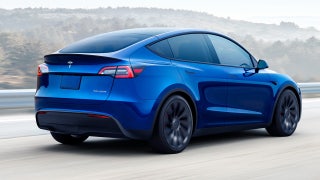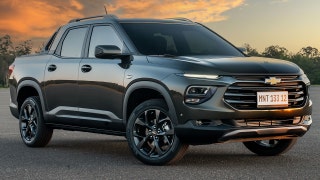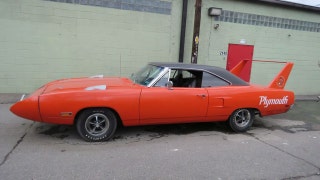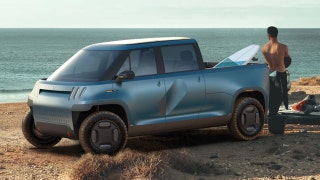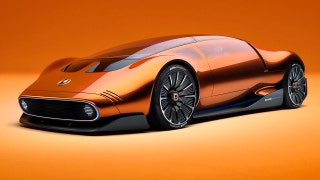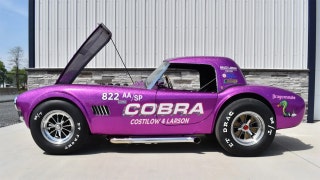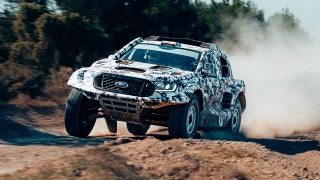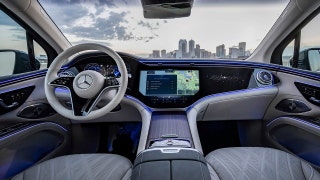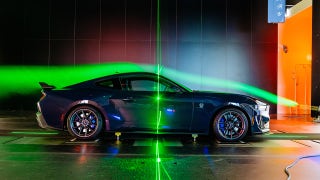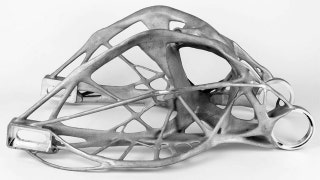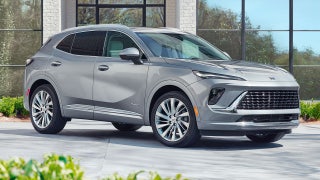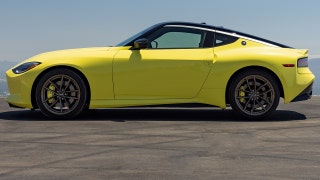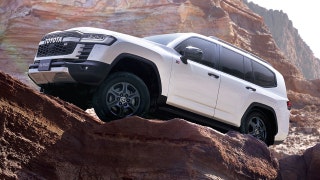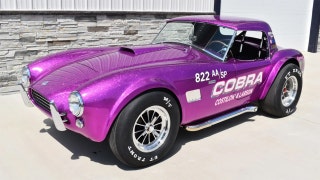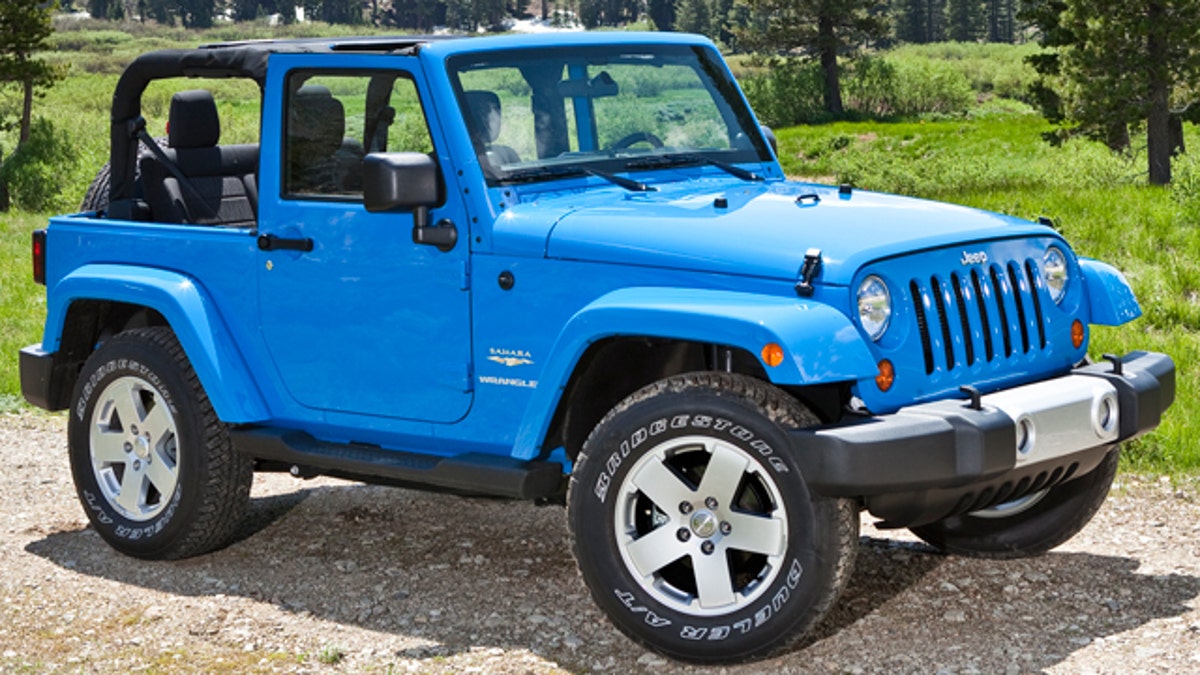
Chrysler Group soon will start construction on one of the most unlikely plants in the company's 86-year history.
Located in St. Petersburg, western Russia, not far from the former summer palace of the czars, the factory will make Jeeps, the four-wheel drive vehicles made famous by the US Army in World War II. The driving force behind the deal? Not Chrysler itself, but Italy's Fiat SpA, the US automaker's majority owner.
Read: Jeep Mighty FC is forward-thinking retro concept
April 30 marks the three-year anniversary of Chrysler's rescue by the US government, an endeavor that many expected the automaker would be unable to survive.
The plan to build a plant in Russia stands as a symbol of how far Chrysler has come -- and of the new automaker that Chief Executive Sergio Marchionne is trying to create.
"Jeep has potential as a global brand because of its unique DNA," Marchionne, who earlier chose the Jeep Grand Cherokee as the basis for a Detroit-built Maserati SUV, said. A distinct identity gives it "the traction needed to become a global brand."
While most of its competitors are pinning their futures on a world of small cars, Chrysler now sees a Jeep in every driveway. It might be a luxury vehicle for wealthy Muscovites and Beijing businessmen to travel in style, a people hauler in India providing mobility for large families on potholed roads, or a work horse in Brazil moving goods to market.
Central to that vision will be the ability to build and market Jeeps globally. Last month, Fiat, which already sells vehicles such as the Fiat 500 in Russia, proposed a $1.1 billion joint venture with a state-controlled bank that would produce 120,000 Jeeps a year in St. Petersburg.
A final agreement between Chrysler and Sberbank is expected to be signed by July. As part of the deal, Jeeps could also be produced at a second, revamped plant in Moscow that once built limousines for the Communist Party elite.
At the same time, Marchionne is trying to open doors for Chrysler in China. Fiat and Guangzhou Auto Group are on track to open a plant in July that initially will have the capacity to make 140,000 Fiat cars and 220,000 engines a year. Chrysler could produce Jeeps at that plant or develop a separate joint venture and build Jeeps at another factory, Mike Manley, chief executive of the Jeep brand and chief operating officer of Fiat-Chrysler Asia Pacific, said.
